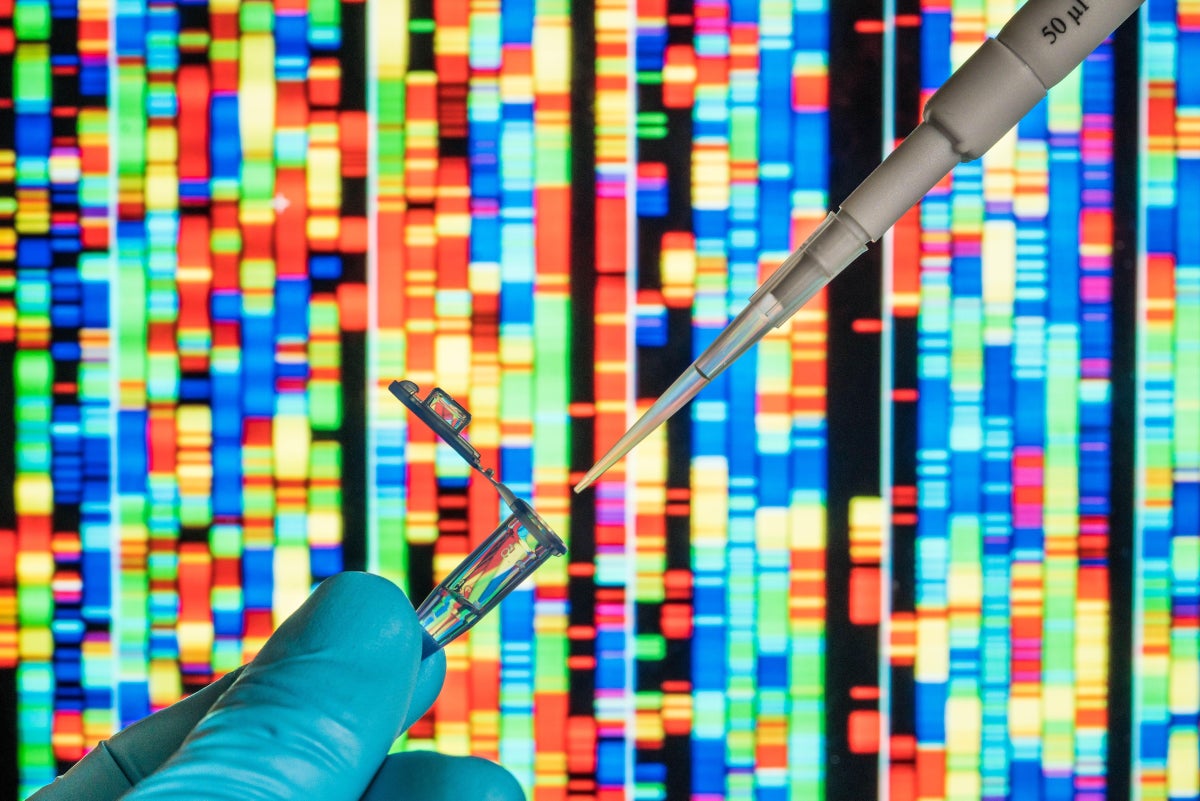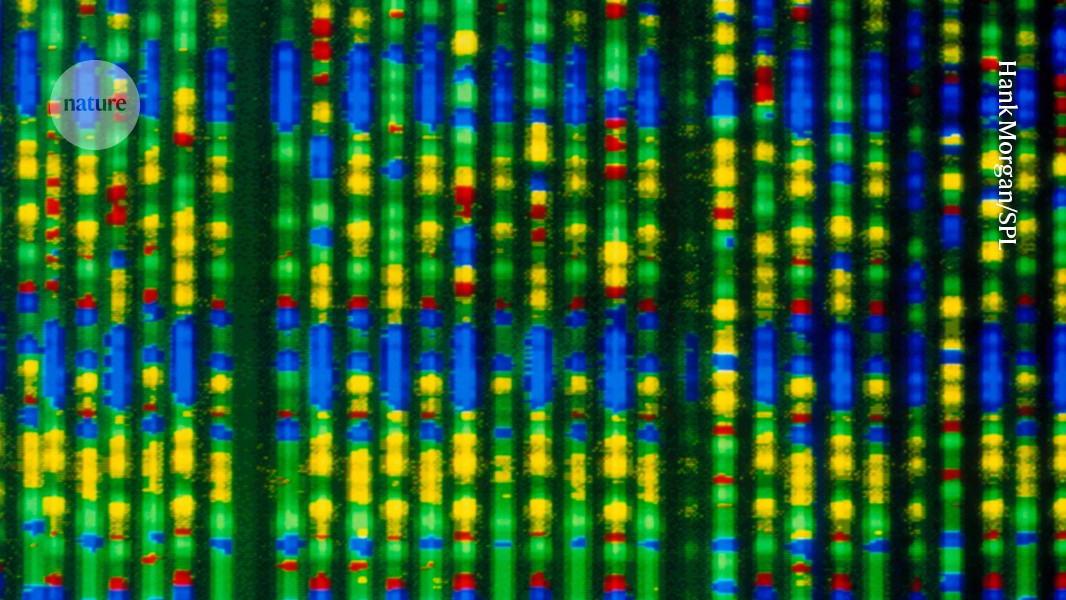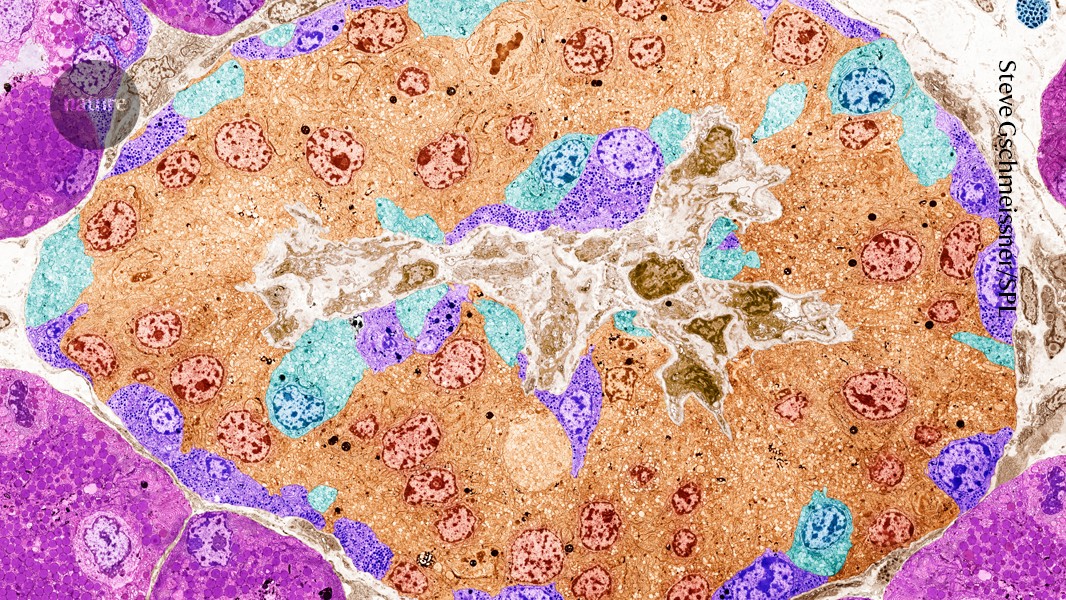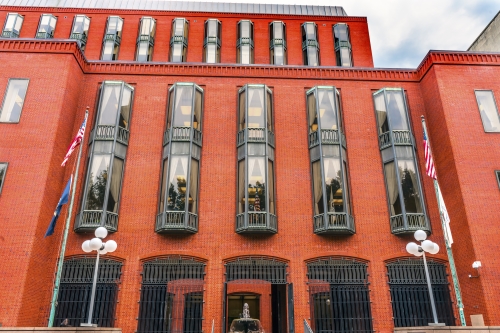fromIntellectual Property Law Blog
1 month agoPTAB Overly Relied on Statements of Doubt in Determining Conception and Reduction to Practice in Interference Proceedings
Regents of the University of California ("Regents") and Broad Institute were engaged in a patent interference proceeding involving the adaptation of CRISPR systems to edit eukaryotic DNA. Both parties were engaged in extensive testing related to editing eukaryotic DNA during the time of the invention, and both filed multiple patent applications that became the subjects of the patent interference proceedings.
Intellectual property law















